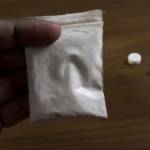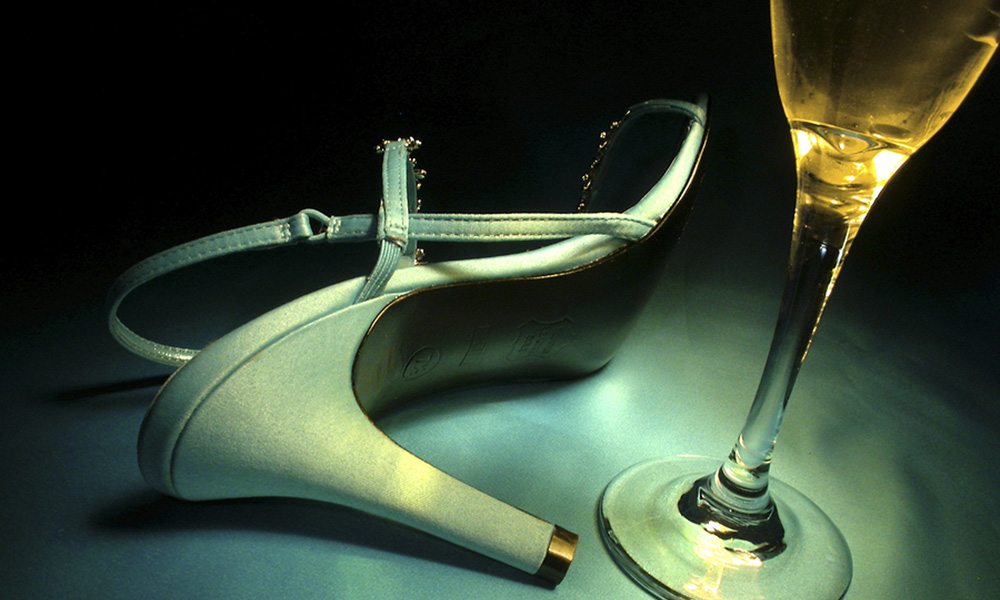If you are stopped in traffic by the police for suspicion of driving while intoxicated (DWI), you may be asked to blow into a breathalyzer device to determine your blood alcohol content (BAC) level. If your BAC level measures at or above 0.08 percent, you may be charged with DWI.
Are breathalyzer tests reliable? Why do breathalyzers so frequently return inaccurate readings? Can you avoid a DWI conviction – even after you fail a breathalyzer exam? And how can a Long Island DWI attorney help you if you are charged with DWI on the basis of a bad breathalyzer test result?
HOW ARE BREATHALYZER DEVICES SUPPOSED TO WORK?
Some people still do not understand that breathalyzer devices are often inaccurate, and that most experts believe that breathalyzer tests are generally unreliable.
Breathalyzers are supposed to calculate the quantity or percentage of alcohol molecules in your breath. Alcohol is absorbed into the bloodstream with no chemical change, so when that blood moves through your lungs, some of that alcohol transfers into your breath and is exhaled.
A breathalyzer supposedly measures the percentage of alcohol molecules in your breath and then supposedly determines how much alcohol is in your bloodstream based on the percentage of alcohol in your breath.
WHY ARE BREATHALYZER RESULTS SO FREQUENTLY INACCURATE?
However, breathalyzer tests can be wrong for a variety of reasons. For example, alcohol and other substances that breathalyzers “read” as alcohol are found in a number of beverages, medicines, foods, mouthwashes, toothpaste, and breath fresheners.
Breathalyzers also frequently malfunction. Breathalyzers must be regularly calibrated and maintained. When a breathalyzer is not properly calibrated and maintained at the correct settings, false readings are likely.
Even when they function properly, breathalyzers may pick up radio frequency interference (RFI). RFI is present whenever law enforcement officers are using their radios.
Officers who administer breathalyzer tests must be trained to use breathalyzers properly and to conduct breath tests according to established guidelines.
FOR WHAT OTHER REASONS ARE BREATHALYZER RESULTS INACCURATE?
1. Administering the breathalyzer test too quickly after someone has been drinking will yield an inaccurate result on the high side. That’s because immediately after drinking, there is still residual alcohol in the mouth and throat.
If you have just walked out of a bar or a nightclub after drinking, a breathalyzer measurement will be inaccurate on the high side. Police officers are supposed to wait at least fifteen minutes before testing a driver if DWI is suspected.
2. Administering the breathalyzer test while the BAC level is still rising may yield an inaccurate result on the low side. For most people, it takes one to three hours for alcohol to be absorbed completely into the bloodstream.
If a breath test is administered while the BAC level is rising, it will not give an accurate assessment of a driver’s actual level of intoxication.
3. Several medical conditions can skew a breathalyzer result including acid reflux, gastrointestinal reflux disease, and heartburn. These conditions may create acid in the mouth, stomach, or esophagus, which raises the BAC level and leads to an inaccurate measurement.
4. Contamination from environmental factors could also affect the result of a breath test. Chemical traces from chemicals used to clean the device or alcohol traces from individuals who previously used the device can lead to an inaccurate BAC measurement.
WHAT’S YOUR TOP PRIORITY IF YOU ARE CHARGED WITH DWI?
If you are placed under arrest and charged with DWI anywhere on Long Island or in New York City because of a breathalyzer test result, put your case in the hands of an experienced DWI lawyer as quickly as possible.
Are you required to “blow” into a breathalyzer if a police officer asks you to? What are your rights if you’re suspected of DWI in the state of New York?
If a police officer has probable cause to believe that a motorist is driving while intoxicated, New York’s “implied consent” law requires the driver to submit to chemical testing – a blood, urine, saliva, or breathalyzer test – if requested.
PRECISELY WHAT IS “IMPLIED” CONSENT?
“Implied consent” is the “implied” agreement that every driver makes when he or she gets behind the wheel in New York. In other words, simply by driving, the law presumes that your consent to a DWI test is implied.
If you refuse to take a chemical test after you have been arrested for DWI in New York, whether or not you are eventually convicted of DWI, your driver’s license may be suspended for one year, and you may be fined $500.
A chemical DWI test is usually conducted after a DWI arrest, but state law also requires drivers in New York to take a breathalyzer test even before being placed under arrest – if a police officer requests it.
If an officer has probable cause to believe that you are driving while intoxicated, he may ask you to blow into a portable breathalyzer device in order to obtain evidence against you. The refusal to take this test – prior to being arrested – is considered an infraction under New York law.
CAN THE POLICE “FORCIBLY” TEST YOU FOR DWI?
In most circumstances, if you refuse to test, the police won’t make you. However, if you’re driving in an accident where someone is killed or seriously injured, refusal may not be an option. The police can get a court order that lets them forcibly take a blood sample for testing.
If you are charged with DWI in New York, you must obtain – immediately – the advice and representation of a qualified DWI lawyer who may challenge the results of a breathalyzer test or any other evidence the state presents against you.
WHAT’S THE BEST WAY TO AVOID DWI TROUBLE?
As you probably suspect, there is one sure way to avoid being charged with DWI. It’s the same advice that you’ve heard so many times before: Don’t Drink and Drive.
Rides for hire aren’t cheap, but they cost a lot less than a ride to the jail, the emergency room, or the morgue. Limos, taxicabs, and rideshare services like Lyft and Uber are available throughout Long Island and New York City twenty-four hours a day, 365 days a year.
Even sleeping on a friend’s sofa or renting a room for the night is better than facing a DWI charge. You must do whatever it takes to avoid a DWI conviction.
Don’t let a DWI charge – or a conviction for driving while intoxicated – take your freedom or ruin your future. When you need a criminal defense lawyer’s help, get that help immediately. It’s your right.















Comments are closed.